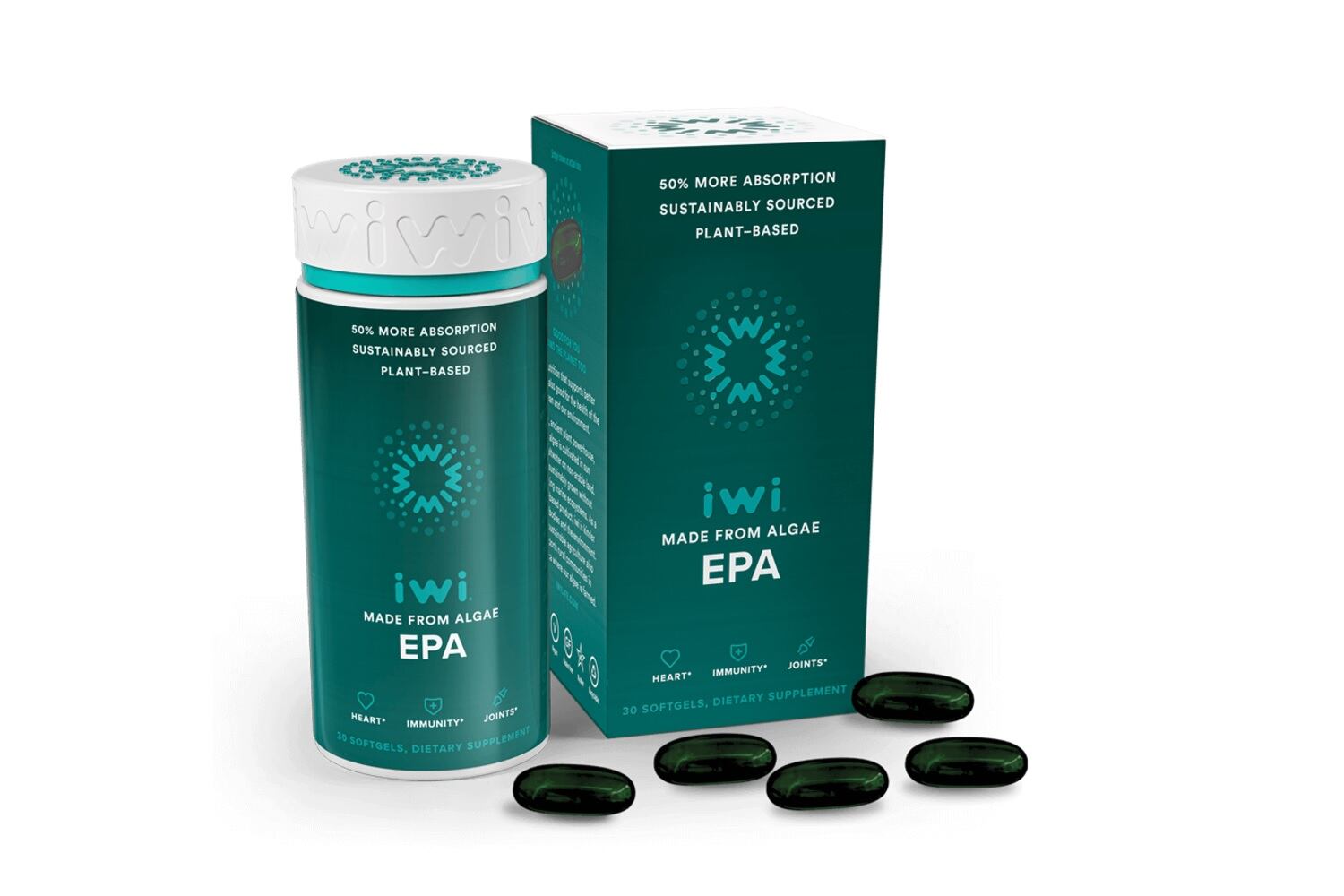The paper, titled Erythrocyte omega-3 index, ambient fine particle exposure and brain aging, was published last week in the journal Neurology.
PM2.5 implicated in wide range of negative health effects
The researchers examined the potential damage caused by the finest category of airborne particles tracked by health authorities referred to as PM 2.5. These are fine inhalable particles, with diameters that are generally 2.5 micrometers or less and can refer to both solid particles and liquid droplets. They can be of natural or man-made origin, and can consist of dust, ash, soot or even sea spray in some localities.
This class of particulates has many known and suspected deleterious health effects. “There is understood to be no safe threshold below which no adverse effects would be anticipated,” according the Department for Environment Food & Rural Affairs in the UK. According to that agency, long term exposure is the greatest danger and carries with it a risk of vascular problems, cardiovascular disease and lung problems. More recent information connects long term PM2.5 exposure to higher rates of dementia.
Study reworked data and samples gathered years ago
The researchers were interested in the effects of this class of particulates on brain volumes in healthy older women who were free of dementia, and sought to correlate that with those subjects’ omega-3 indexes, as measured by the test developed by South Dakota firm Omega Quant. William S Harris, PhD, is a principal in the firm as well as being one of the paper’s coauthors. Harris, who is known as one of the world’s foremost authorities on omega-3s, is also a professor at the Sanford School of Medicine at the University of South Dakota. The other authors hailed from a wide range of medical schools and universities across the United States.
The data on the women came from a larger cohort study done previously. That study, called the Women’s Health Initiative Clinical Trials (WHI-CT) was a clinical trial of a postmenopausal hormone therapy conducted in 1996-1999, a trial which included more than 7,000 subjects. A subset of that trial, consisting of almost 1,400 women, underwent MRIs in 2005 and were grouped into a subsidiary study called Women’s Health Initiative Memory Study-Magnetic Resonance Imaging (WHIMS-MRI). It was the stored blood of these women that was examined for the present paper. After excluding 88 subjects of the MRI study whose blood did not yield valid omega-3 measurements, the researchers were left with 1,315 study subjects who averaged 70 years of age.
The researchers correlated the omega-3 indexes of the subjects’ blood with estimates of their PM2.5 exposure, using geographical data collected by the Environmental Protection Agency. They cross referenced that with information gathered at study intake of how long the women had lived in certain locales.
After accounting for the effects of other covariates, such as body mass index and the intake of non-fried fish, the researchers found that the women in the highest quartile of omega-3 index values were protected best against the brain damaging effects of PM2.5 exposure, as shown by larger volumes of white matter measured by the MRIs.
“In this prospective cohort study, we found higher erythrocyte EPA+DHA levels (i.e., the omega-3 index) attenuated the inverse association between PM2.5 exposure and WMV measured by brain MRI in elderly women. Similar patterns of modification by dietary intakes of LCn3PUFAs and non-fried fish were observed as expected owing to the documented validity of the omega-3 index as an intake biomarker of postmenopausal hormone therapy,” the authors wrote.
Effect came as surprise for one of the authors
Harris said the study’s design and its findings both came as a surprise to him. He was involved with the testing of blood samples, which was done a few years ago, and with the final review of the paper.
“You don’t think about air pollution much here in South Dakota. I didn’t know that this class of particulates had been associated with brain degradation. They are particulates that penetrate deeply into the lungs and cross into the bloodstream,” Harris said.
“I was very surprised to hear about this protective effect of omega-3s in this area,” he said.
Creative approach to problem
Harris said the use of the data from the original hormone therapy study was a creative way to look at this particular issue.
“For ethical reasons you obviously can’t purposefully expose people to different levels of air pollution,” Harris said.
Harris said future research might delve into the cellular mechanisms for the observed effect. It’s unclear how PM2.5 exposure works to degrade brain tissue, so it’s equally unclear exactly how omega-3s might help prevent that.
“Presumably it’s from some sort of anti inflammatory effect,” Harris said.
Source: Neurology
DOI: 10.1212/WNL.0000000000010074
Erythrocyte omega-3 index, ambient fine particle exposure and brain aging
Authors: Chen C, Xun P, Kaufman JD, et al.




